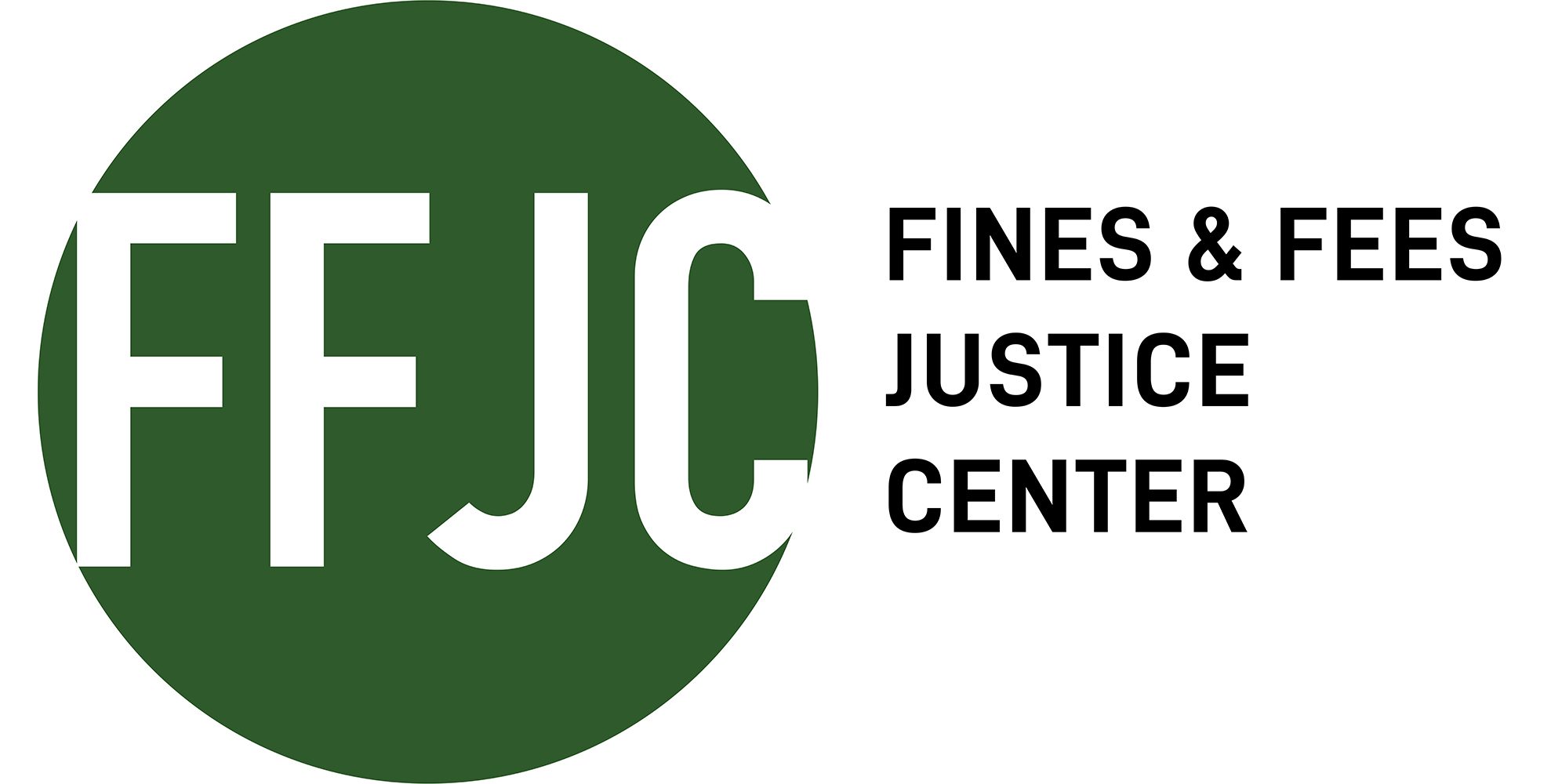Based upon interviews with staff from a Black-led Community Development Financial Institution, Hope Enterprise Corporation/Hope Credit Union (HOPE), and six formerly incarcerated people from the Deep South, the text discusses the barriers people face to gain financial stability after they are released. In addition to the fines and fees people are burdened with immediately after incarceration, limited employment opportunities and a lack of identification prevents individuals from gaining financial freedom. This text describes the steps HOPE has taken to address these issues and provides recommendations for policy makers and financial institutions to improve the financial opportunities offered to formerly incarcerated individuals.
You can read the full text of the paper here.
Key findings
- In 2019, people in the Deep South (Alabama, Arkansas, Louisiana, Mississippi, and Tennessee) held $4 billion of federal criminal justice debt, twice as much as they did a decade before.
- Half of the people at restitution centers in Mississippi owe less than $3500 in fines and fees, but they stay for four months on average and sometimes years to satisfy their debts.
- All six interviewees owed more than one type of debt when they were released. Fines, fees, and medical debt were the most common kinds of debts.
- Nationally, the median annual income of people reentering society after incarceration is $10,000.
- A study in Baltimore found that Black households with a formerly incarcerated family member had a credit score that was 219 points lower than White households with no incarceration history. However, Black households with no incarceration history held similar credit scores as White households with a formerly incarcerated family member.
Recommendations
- Policymakers should ease debt collection practices and prevent debt accumulation during incarceration.
- Governments should put caps on criminal justice debt and allow courts to waive fines and fees for low-income people involved in the criminal justice system.
- End driver’s license suspensions for unpaid fines and fees.
See the paper for the complete list of recommendations.
